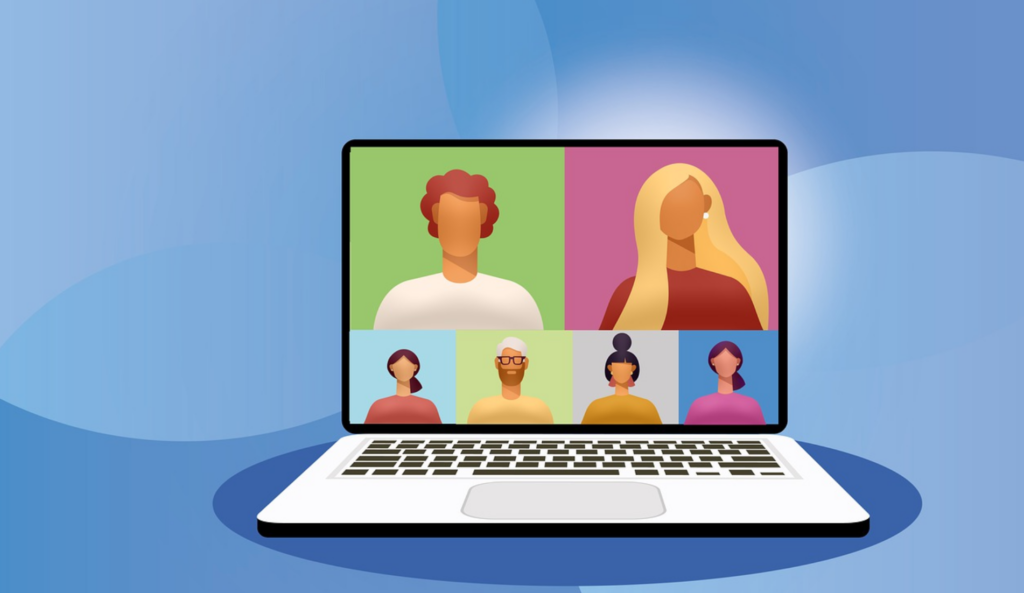
If narrative analysis is the study of public narratives, then narrative intelligence is its byproduct. It is what we learn when we conduct narrative analysis.
Yet narrative intelligence teaches us about more than just narratives themselves. It also reveals a great deal about the people who construct and share them, the people who generate the chatter that creates online buzz. More specifically, it offers a view of the public mindset that drives a given narrative. Narrative intelligence, then, is as much a psychological tool as it is anything else.
While narrative intelligence is still in its infancy, much has already been learned about why some narratives take root and others don't. Essentially, it boils down to psychology. Basically, the success or failure of a given narrative is a reflection of collective groupthink.
So is it possible at this early stage to identify any basic rules or principles gleaned through narrative analysis? Actually, yes, though they should be thought of as more general than universal. They don't apply to everyone at all times. While human psychology certainly plays a role in the generation and transmission of narratives, individual context matters too. With that being said, here are three fundamental axioms of narrative analysis.
In a 2020 study, Amit Goldenberg and James Gross wrote that users of digital media are "often exposed to expressions of emotion by other people." These emotional states are communicated through online chatter, though often unknowingly. As a result, the user's own emotional state becomes "more similar to those of others." As more people are influenced in this manner, the emotional exposure widens, a phenomenon Golden and Gross have labeled the "digital emotional contagion."
In other words, narratives are not so much effective or ineffective because of any information they convey, but because of the emotional impact they have. The stronger the impact, the more likely we are to amplify something. Consider the example of a low-fat lemon cake recipe versus a presidential sex scandal. Which do you think is likely to get more likes and shares?
Exactly.
Fake news is such a problem online for one reason and one reason alone: because people share it. The question is, why do people share it? In most cases, it's because they believe it, or at least want to believe it. But in passing along a false narrative, they fail to do the one thing that could kill it for good. They neglect to stop and verify its claims.
Yes, researching a statement is harder than simply clicking the share button. But as one group of researchers noted in a 2019 study called "Why Do People Share Fake News?," the online spread of false narratives can have disastrous consequences for companies, governments, families, and even individuals. To put it another way, false chatter can be ruinous. And yet the problem persists, primarily because most users lack the wherewithal to vet the claims they pass along.
In researching fake news on social media, scholars have discovered that more than simple laziness is behind the false chatter. Users will also share a false narrative because it reinforces their own tribal identity. In short, we're more likely to share something that either vilifies the "other side" or validates our own. Indeed, the title of a 2021 research article summarizes this truth in a most succinct manner: "Partisan Polarization is the Primary Psychological Motivation behind Political Fake News Sharing."
A tribal mentality is concerning not simply because of the false chatter it generates, but also because of the illusion it creates for those who adopt it. In a 2019 book entitled Hivemind, author Sarah Cavanaugh observes that digital users often imagine themselves as part of a dynamic online community when, in fact, they are simply isolated partisans, becoming increasingly stranded as their real-world interactions dwindle. The mechanism is self-reinforcing, too. The more the individual commits to the online tribe, the more solitary their own existence becomes.
Essentially, narrative intelligence has shown us that most people do not come to the Internet as critical thinkers. Fueled by raw emotion, ignorant of basic facts, and seeking to belong to a like-minded community, they craft and amplify narratives that can be both false and damaging.
These observations should not be thought of as an indictment of human nature or a condemnation of the online community. Rather, it is important to acknowledge the realities that fuel the consumption of online materials, so that we can address them. The irrationality that drives human psychology means that any business, government, or individual can fall victim to malicious or untrue content. But the news isn't all bad, because narrative intelligence gives us a way out of this morass. It enables the mind to overcome the chatter.